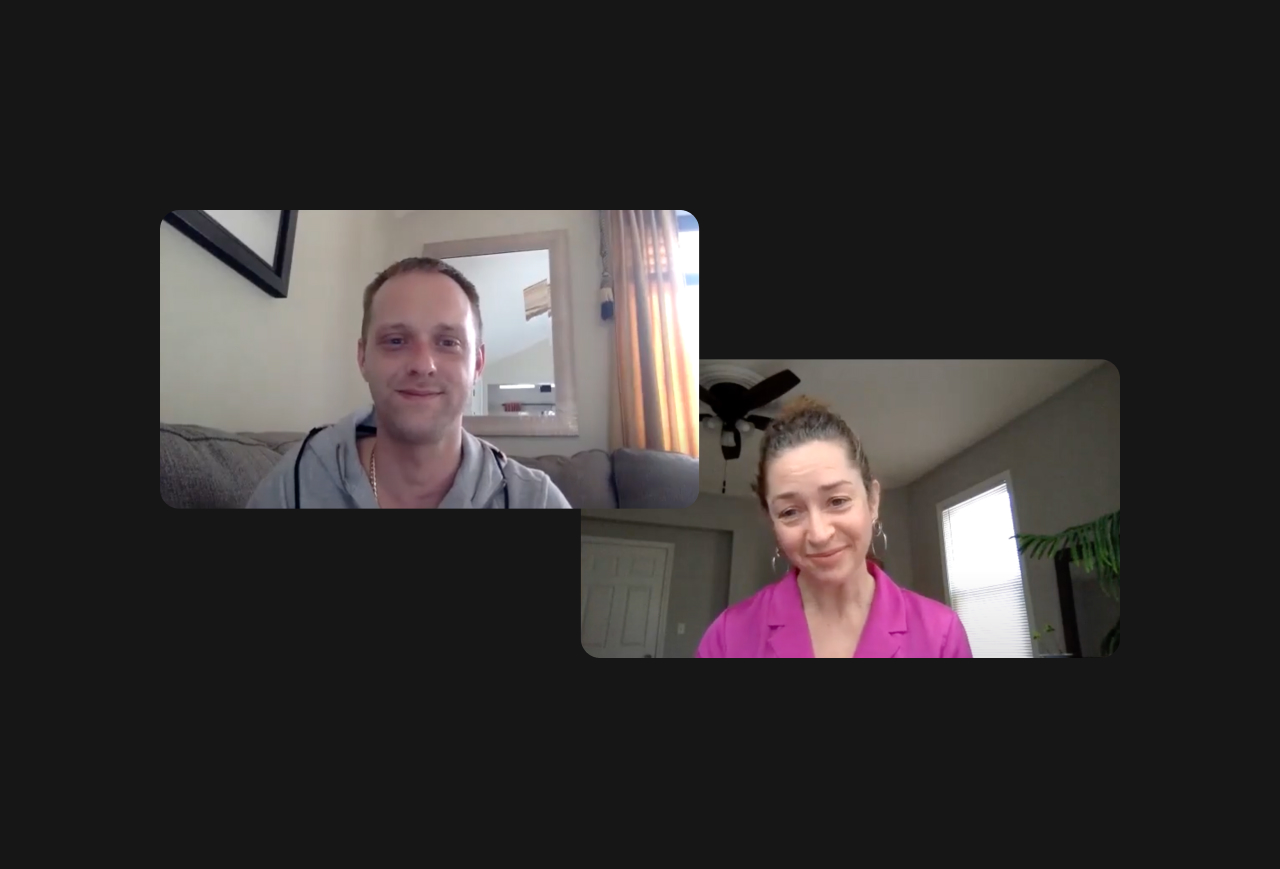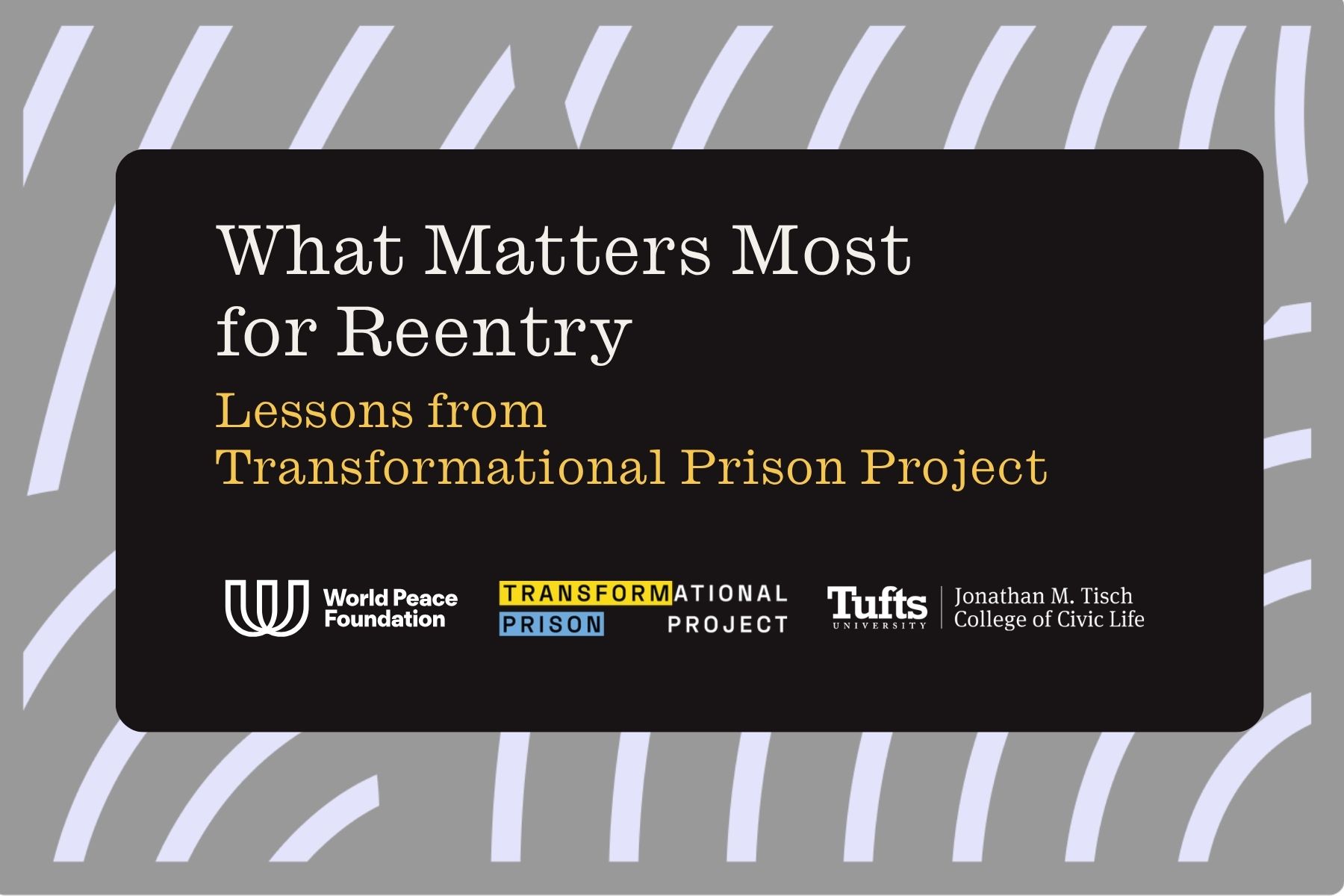Michael Cox is Executive Director of Black and Pink — Massachusetts, an organization that aims “to abolish the prison industrial complex and liberate LGBTQ+ people and people living with HIV/AIDS who are affected by that system through advocacy, support and organizing.” He is also formerly incarcerated, an experience that grounds his activism today. In this interview he discusses his own story, the work of Black and Pink, his work with the Massachusetts Bail Fund, and what an abolitionist strategy looks like.
Part One: Journey from incarceration to becoming a leading activist
Michael Cox describes the compounding issues that made him more vulnerable to entanglement with the criminal justice system: growing up as a ‘systems’ kid, drug addiction, being gay, exploitation, crime and sexual abuse. He describes how sexual abuse and discrimination continued inside prison. After he was released, he connected with Jason Lydon, the founder of Black & Pink, an experience that started him on the road to activism. Committing himself to furthering his formal education, he studied the history of the American criminal justice system while at Clark University. From there, he became a criminal justice reform professional, working with Black & Pink and the Massachusetts Bail Fund.
Part Two: The work of Black & Pink Massachusetts
Cox describes how Black & Pink works in solidarity with LGTBQ people throughout their entire journey in the criminal justice system. He describes their approach as mutual aid: being a part of the community that they serve. He highlights two issues that pose distinct challenges for people in the LGBTQ community: housing upon release from prison and various forms of solitary confinement–notably mental health watch–while in prison.
Part Three: Bail — how the judicial system creates worse outcomes for poor people
Cox discusses an article he wrote authored last summer, following a controversy involving the Massachusetts Bail Fund (an organization he also works at, as Administrator). A man was bailed out and then committed a new crime. People who cannot make bail because of their financial means have worse outcomes: including more plea bargains, loss of employment, or even worse. Additionally, he notes that the man at the heart of the controversy had been held for two years and nothing was done to positively intervene in his life.
Part Four: Abolition is a two-pronged strategy
As an abolitionist, Cox explains, his goal is to tear down systems that do not serve us and to build up communities that are currently experiencing violence, deep poverty, and widespread trauma. The path forward requires commitment to reduce harmful conditions of confinement and work towards abolition. He concludes the interview by addressing Black & Pink’s agenda for this year: decriminalizing sex work and a LGTBQ “bill of rights” for people in prison.



